Hurricane Melissa tore across the northern Caribbean this week, devastating Jamaica, battering Cuba’s east, and flooding parts of Haiti, where at least 25 people, including 10 children, were killed, before gaining speed again as it churned toward Bermuda on Thursday.
The Category 5 storm, with winds of 185 mph (298 kph), was the strongest hurricane ever recorded to strike Jamaica directly. By Thursday morning, the storm had weakened to Category 2, packing 105 mph (165 kph) winds, according to the U.S. National Hurricane Center, which said it was expected to pass northwest of Bermuda later in the day before weakening further on Friday.
Across the Bahamas and nearby Turks and Caicos, residents hunkered down as the storm brought intense rain and dangerous gusts. Authorities said around 1,500 people were evacuated from low-lying islands in one of the largest airlifts in the country’s history.
In Haiti, days of relentless rain triggered floods that killed 25 people, mostly in Petit-Goâve, a coastal town 64 km (40 miles) west of Port-au-Prince, where a river burst its banks. Twelve people remain missing. More than 1,000 homes were flooded and nearly 12,000 residents have taken shelter in emergency centres.
“It’s impossible to sit or sleep,” one displaced resident told local media. “The water is everywhere, and help has been slow to come.”
‘Missiles blowing through the glass’
In Jamaica, Melissa flattened homes, uprooted trees and left an estimated $22 billion in damages and economic losses, according to AccuWeather, which ranked it the third-most intense hurricane ever recorded in the Caribbean. Officials confirmed four deaths across the island.
Melissa made landfall in the southwest on Tuesday, devastating St Elizabeth Parish, an agricultural hub already battered by last year’s Hurricane Beryl. About 77 per cent of Jamaica lost electricity as transmission lines collapsed under gale-force winds.
Prime Minister Andrew Holness visited Black River Hospital, the only public facility in St Elizabeth, where roofs were torn off and walls caved in. Staff said they treated patients by flashlight as the storm raged.
“It was the most terrifying experience in all my life,” said one hospital worker. “At one point it was as if missiles were blowing through the glass.”
In Montego Bay, 77-year-old Alfred Hines waded barefoot through thick mud and debris, describing how he narrowly escaped rising floodwaters.
“At one stage, I see the water at my waist and after about 10 minutes I see it around my neck and I make my escape,” he told Reuters. “I just want to forget it and things come back to normal.”
The government has issued an “all-clear” for recovery but kept emergency shelters open as thousands continue arriving from destroyed homes. Local government minister Desmond McKenzie said more than 25,000 people had been admitted. “No one must be turned back from the shelters,” he said.
Cuba counts the cost
Melissa made landfall in Cuba overnight as a strong Category 3 storm with winds of 120 mph (193 kph), hitting the rural, mountainous Guama region west of Santiago de Cuba. Authorities evacuated about 735,000 people before impact, but at least 241 communities remain cut off after power and communications lines went down, affecting around 140,000 residents.
No deaths were reported, though President Miguel Díaz-Canel said the island had suffered “extensive damage” and warned of continued flooding as rain persisted. Crops across eastern Cuba were heavily damaged, worsening food shortages that have driven mass emigration since 2021.
AccuWeather meteorologist Alex DaSilva said Melissa’s passage over the mountains reduced its wind intensity but released “tremendous amounts of rainfall” as moist air was forced upward, triggering landslides and flash floods.
Cuban emergency services said roads remained blocked and relief convoys were struggling to reach remote areas.
Rising seas, rising costs
Scientists say hurricanes in the Atlantic and Caribbean are intensifying faster due to warming ocean waters caused by greenhouse-gas emissions. Melissa’s rapid growth, fuelled by record sea temperatures, has renewed calls from Caribbean leaders for greater international support to confront the climate crisis.
The Caribbean Community Climate Change Centre, part of regional bloc CARICOM, said the storm underscored the need to strengthen the UN “loss and damage” fund — established in 2023 to help vulnerable nations recover from extreme weather events.
“The frequency and ferocity of storms like Melissa show we are already living the reality of climate change,” the organisation said.
But contributions from wealthy nations have lagged, and access to financing remains slow. Both Cuba and Jamaica have appealed for international assistance as relief operations expand. The United Nations, European Union and several Latin American countries have pledged cash, food and rescue teams.
A region in recovery
Across the Caribbean, emergency crews are restoring communications, reopening airports and clearing debris. Aid agencies warn, however, that food and medical supplies remain critically low in several areas.
While Melissa has weakened as it moves northeast across the Bahamas and toward Bermuda, its legacy endures: tens of thousands displaced, billions in losses, and a stark reminder of how fragile island nations remain in an era of intensifying storms.
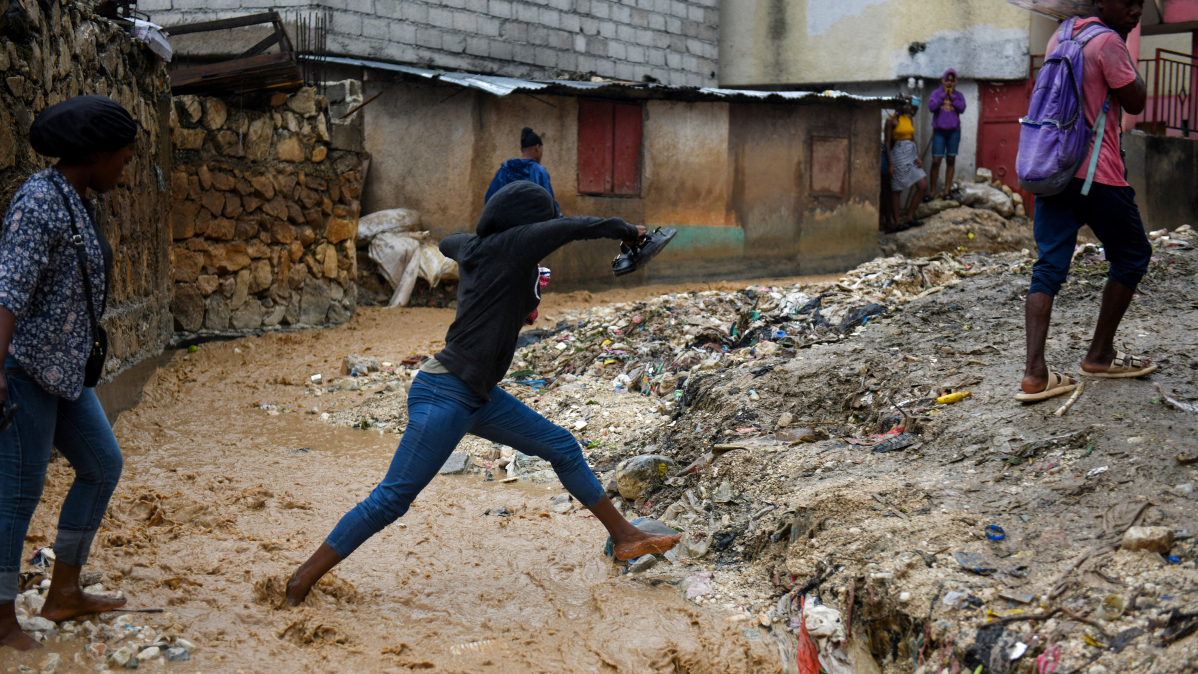





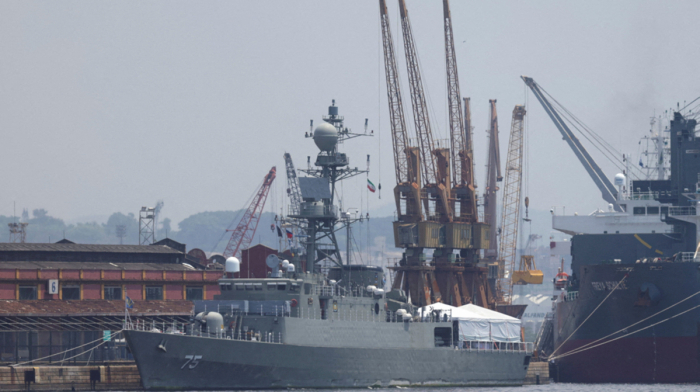
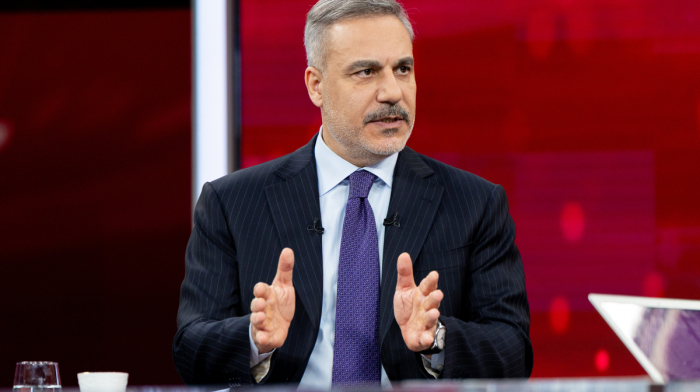
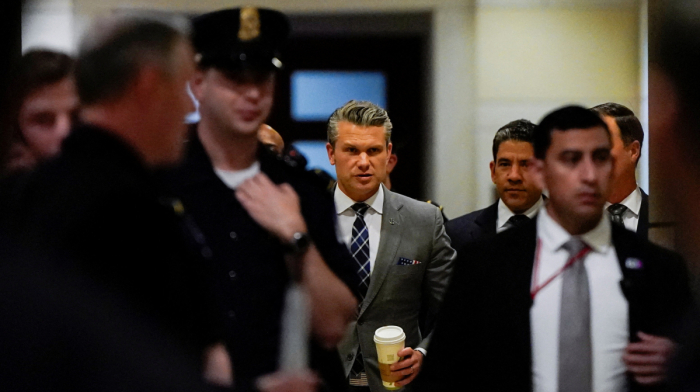
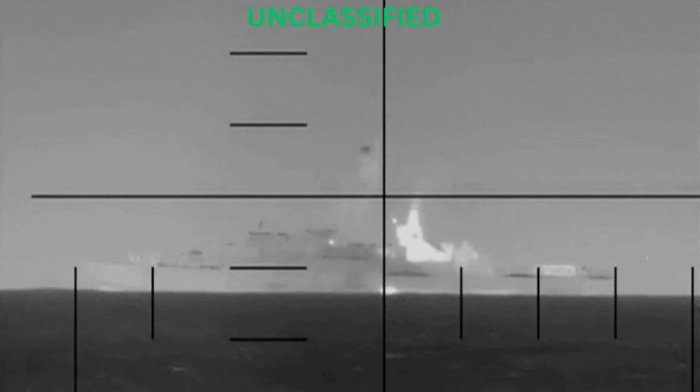
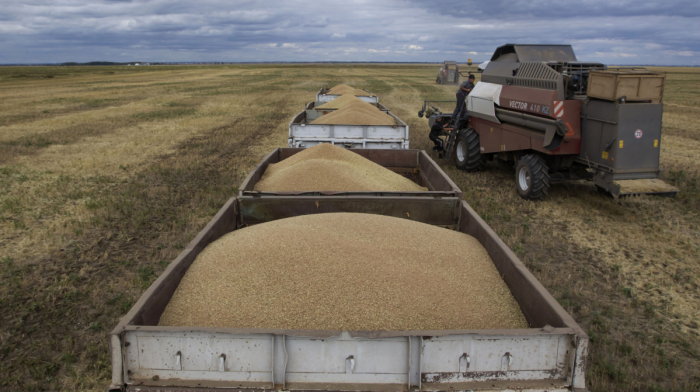

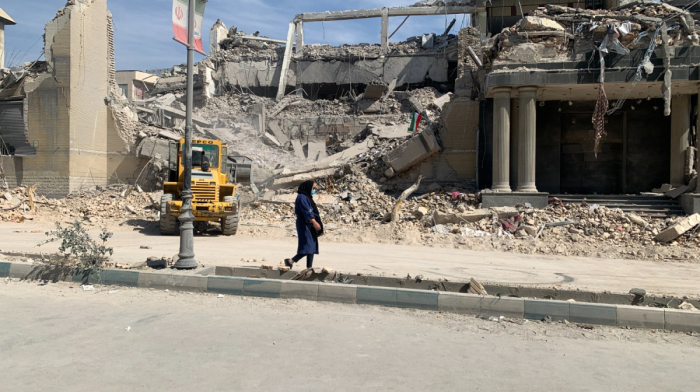

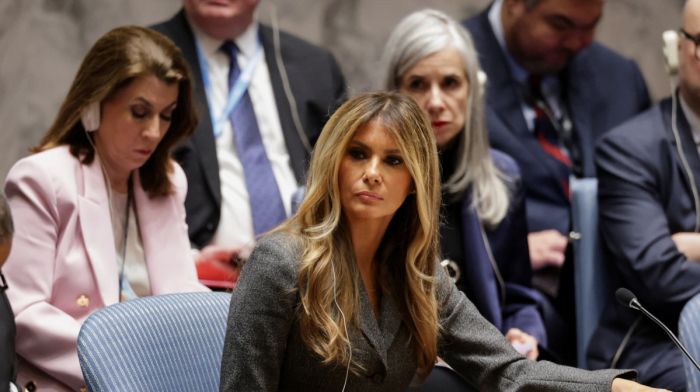

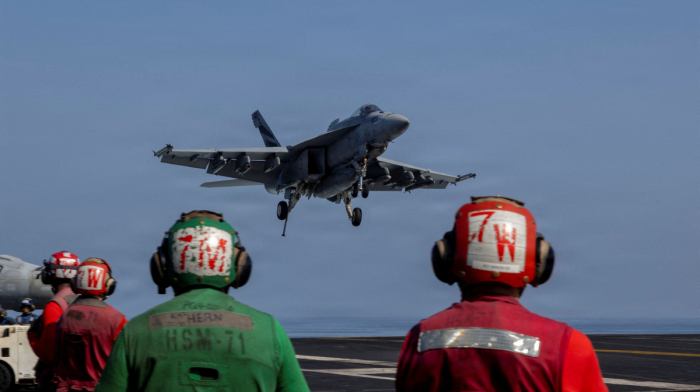
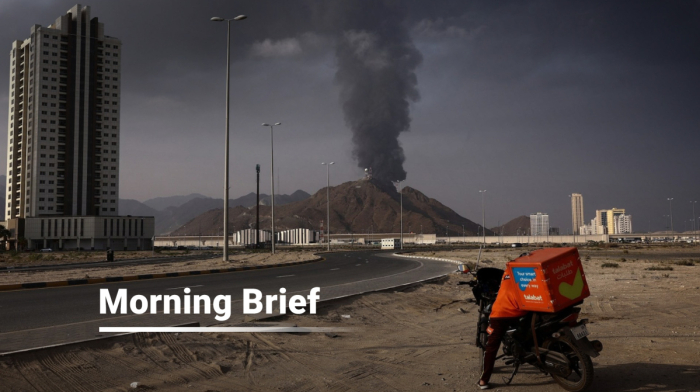
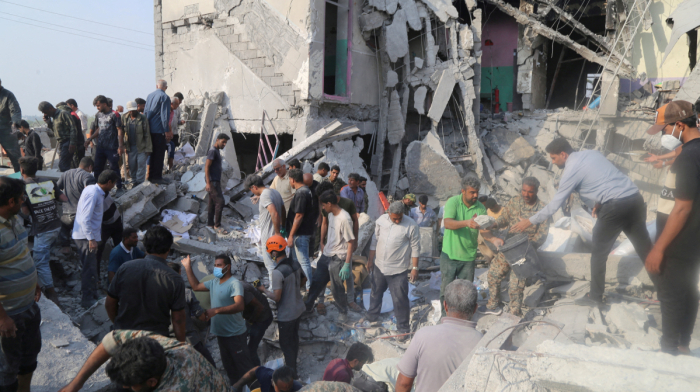

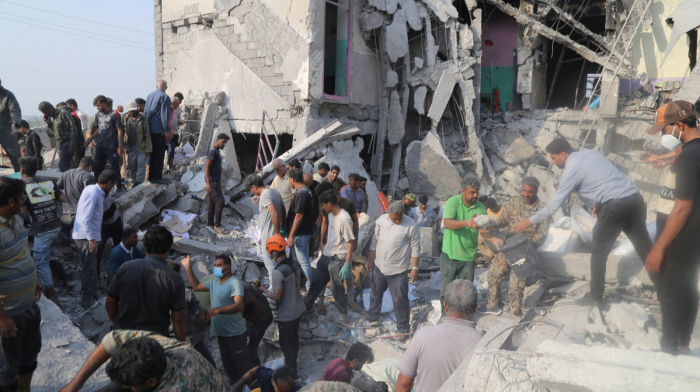



What is your opinion on this topic?
Leave the first comment